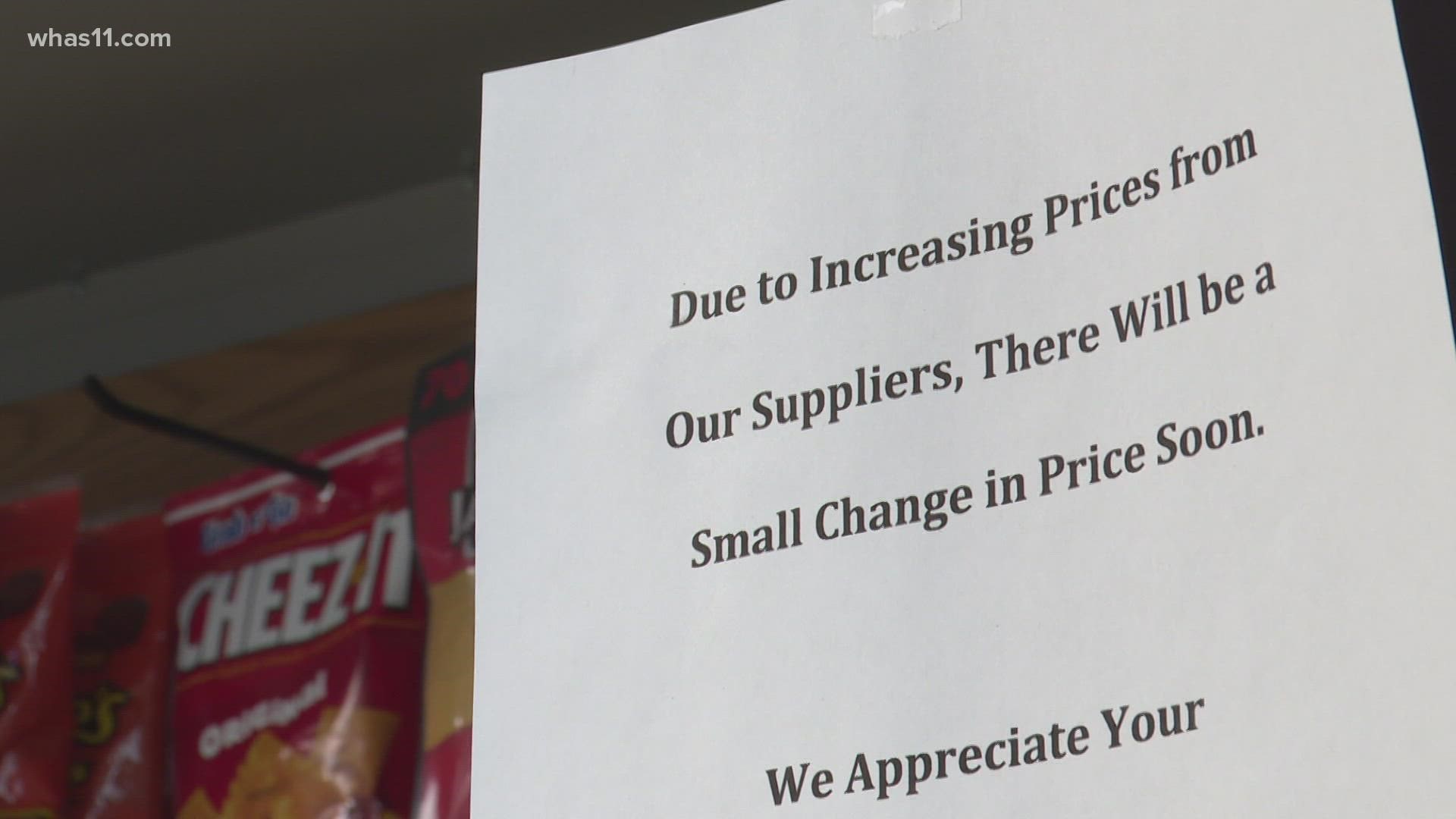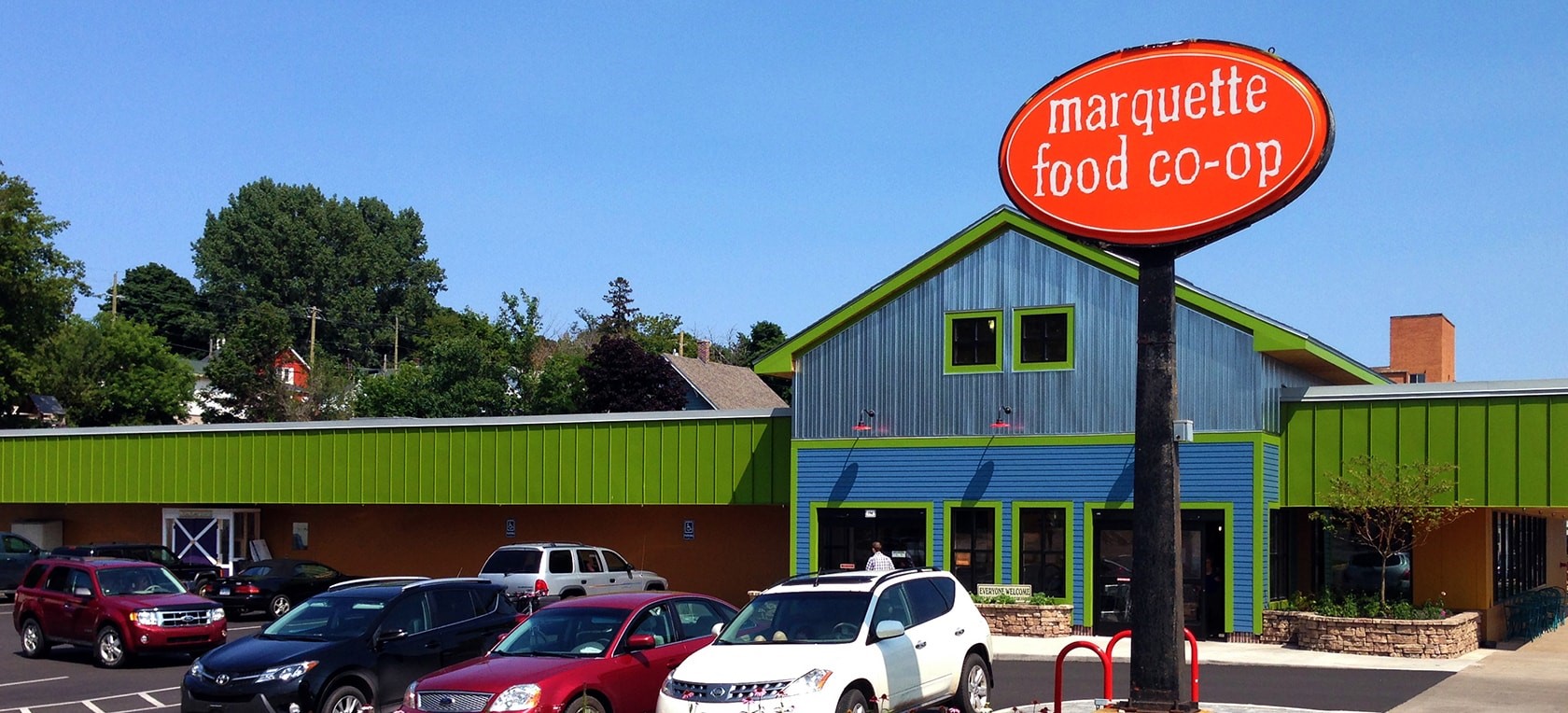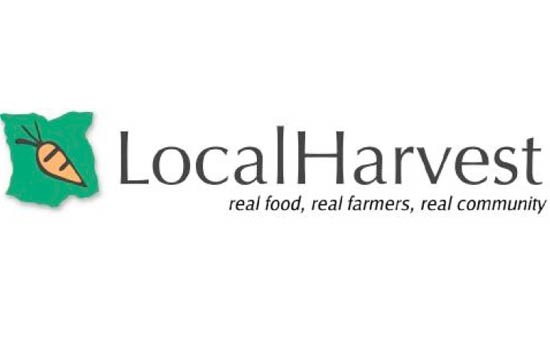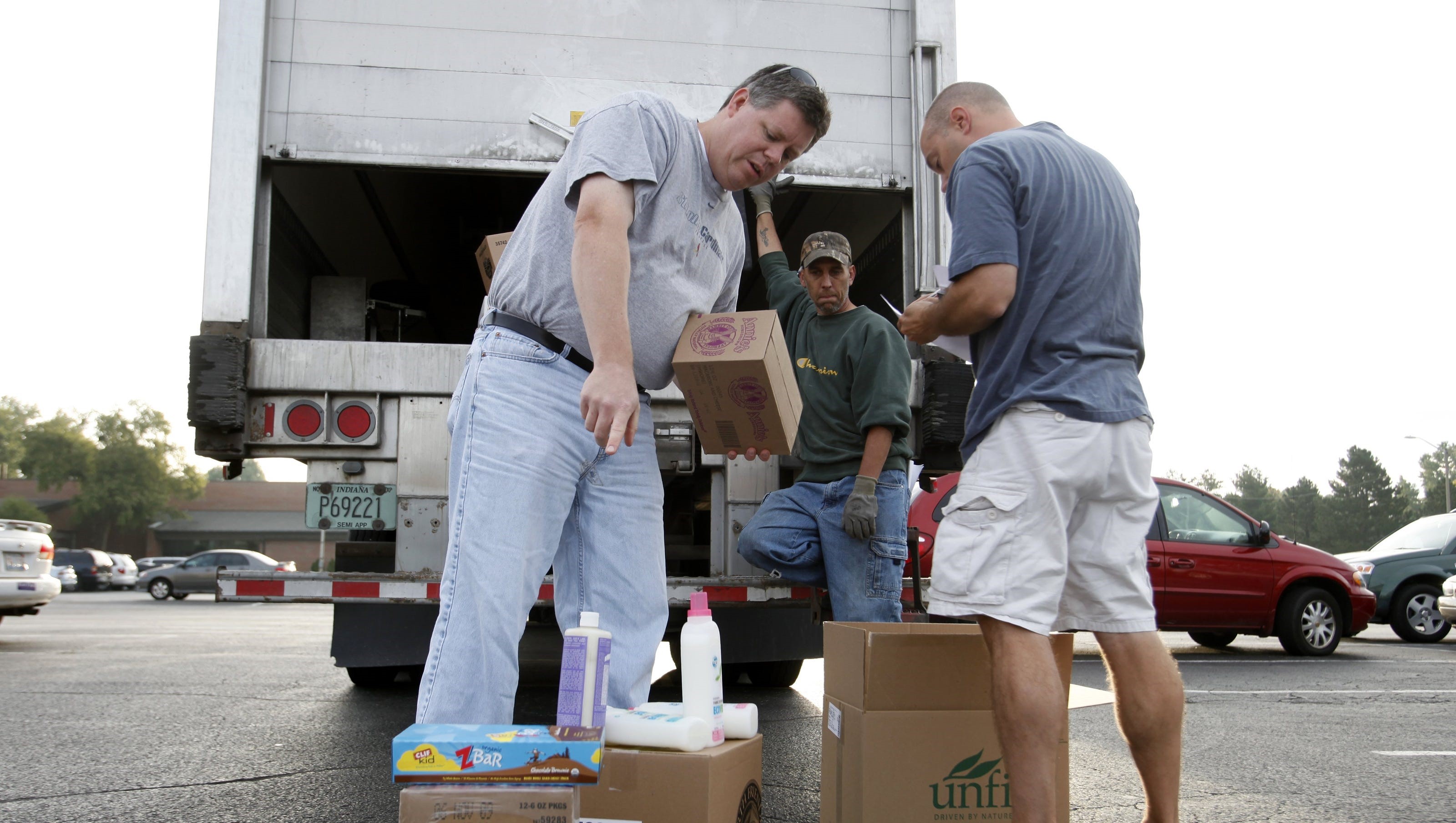Grocery Co-Ops & Food-Buying Clubs Can Save You!
Have you noticed how “sticker shock” from grocery shopping is becoming our new normal? Is there any let-up in sight? If not, here’s a couple ideas on what we can do to proactively deal with this disturbing trend (and don’t we HOPE it’s just a trend?).

Let’s talk first about grocery co-ops. They’re all about whole foods, sustainable agriculture and supporting our local farmers and food producers. In fact, their mission is to promote the positive shift toward local, small-scale sustainable farming. They do this by providing a place for these small-scale farmers to sell their products.
Have you heard of co-ops? Do you already participate in one? Most major cities nationwide have at least one. But if your area doesn’t have a co-op, here’s the scoop on exactly what they are and how to get started:

A co-op is a group of people or organizations that come together for each person or group's mutual benefit. Co-ops are owned by members and are democratically structured, meaning one member, one vote. Co-ops share certain characteristics, including:
To find a co-op in your area, visit https://www.coopdirectory.org/directory.htm (where they are listed according to state) or check out https://www.localharvest.org/food-coops/.

Now for Food buying clubs. They are simply a group of people who come together to buy food in bulk, with the goal to work directly with distributors or business owners to get discounts for members of the club.
They are usually an informal organization of friends, members of church groups, neighborhood groups, etc, who share the chores of collecting money from the member families, placing the order with the distributor, helping unload the truck when it arrives at a designated drop-off site, and dividing up the individual orders.

Food and other commodities are generally purchased through a natural foods regional distributor or a food co-op warehouse. Regional distributors provide food for both buying clubs and co-op stores.
When my 7 children were home, I belonged to a food buying club headed up by our good friend, Karen Dayley. We saved a lot of money through her resourcefulness and it was great fun getting together on “pick up days” to divvy up our purchases. And this is really all a food buying club needs, is an ambitious and resourceful person willing to put in some time to scout out good buys.

Both approaches are smart ways to purchasing your groceries, but if you don’t have a food co-op nearby, then organizing a food-buying club might be the answer for you. Both are smart ways to stretch the food dollar and deal proactively with this grocery store sticker shock we’re all experiencing.

Let’s talk first about grocery co-ops. They’re all about whole foods, sustainable agriculture and supporting our local farmers and food producers. In fact, their mission is to promote the positive shift toward local, small-scale sustainable farming. They do this by providing a place for these small-scale farmers to sell their products.
Have you heard of co-ops? Do you already participate in one? Most major cities nationwide have at least one. But if your area doesn’t have a co-op, here’s the scoop on exactly what they are and how to get started:

A co-op is a group of people or organizations that come together for each person or group's mutual benefit. Co-ops are owned by members and are democratically structured, meaning one member, one vote. Co-ops share certain characteristics, including:
- They are all democratic, volunteer associations.
- They are created to benefit everyone and are, in fact, a business.
- The only owners are the members of the co-op.
- Food co-ops are operated for members by members at a non-profit or cost basis. Individuals who belong to the co-op have a say in decision-making over issues surrounding the organization.
- They provide low cost, healthy food primarily to members of the co-op, though some also sell to the non-member public.
- Most food from co-ops is organic, though some is "natural" -- produced with a minimum of processing with little or no additives or preservatives.
- They do not work to make a profit. Any extra money is shared among the member/owners (end-of-year dividend checks).
To find a co-op in your area, visit https://www.coopdirectory.org/directory.htm (where they are listed according to state) or check out https://www.localharvest.org/food-coops/.

Now for Food buying clubs. They are simply a group of people who come together to buy food in bulk, with the goal to work directly with distributors or business owners to get discounts for members of the club.
They are usually an informal organization of friends, members of church groups, neighborhood groups, etc, who share the chores of collecting money from the member families, placing the order with the distributor, helping unload the truck when it arrives at a designated drop-off site, and dividing up the individual orders.

Food and other commodities are generally purchased through a natural foods regional distributor or a food co-op warehouse. Regional distributors provide food for both buying clubs and co-op stores.
When my 7 children were home, I belonged to a food buying club headed up by our good friend, Karen Dayley. We saved a lot of money through her resourcefulness and it was great fun getting together on “pick up days” to divvy up our purchases. And this is really all a food buying club needs, is an ambitious and resourceful person willing to put in some time to scout out good buys.

Both approaches are smart ways to purchasing your groceries, but if you don’t have a food co-op nearby, then organizing a food-buying club might be the answer for you. Both are smart ways to stretch the food dollar and deal proactively with this grocery store sticker shock we’re all experiencing.
 Alice Osborne
Alice Osborne
Weekly Newsletter Contributor since 2006
Email the author! alice@dvo.com
